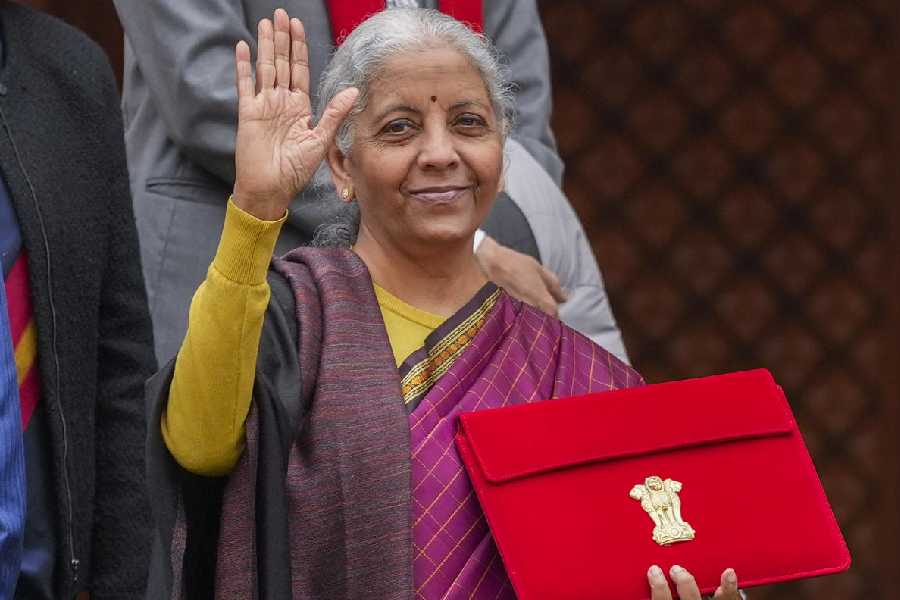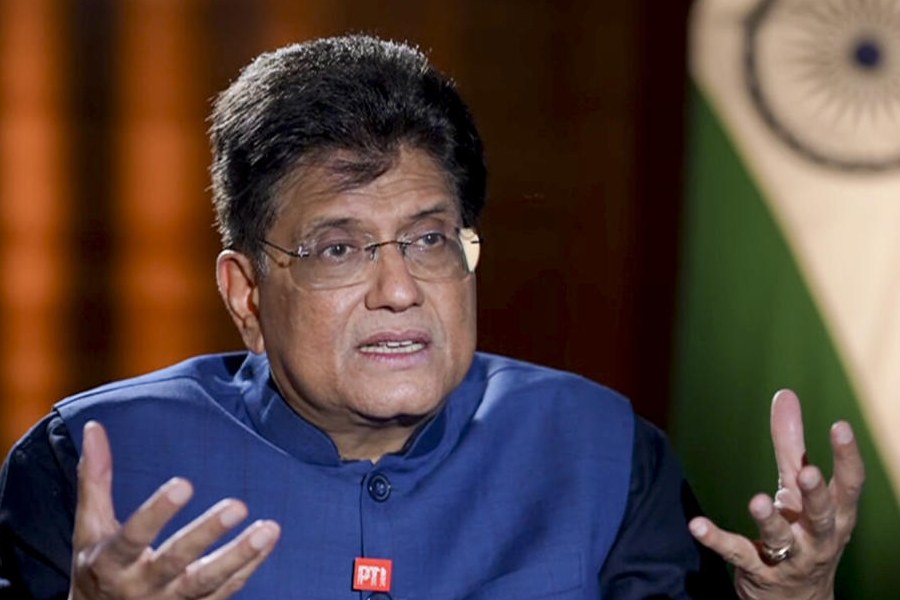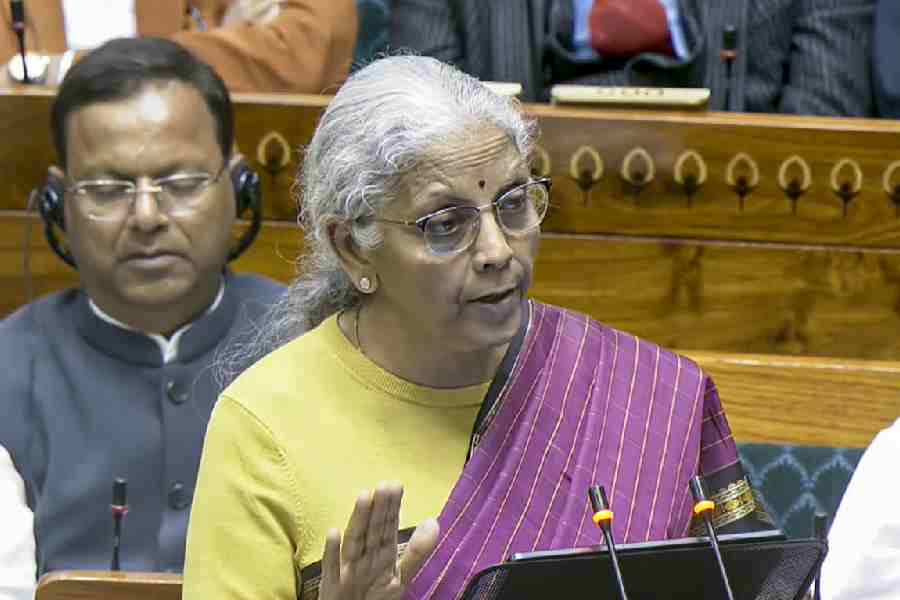New Delhi: The Supreme Court on Tuesday partially stayed an Orissa High Court order that had set aside the election of Congress MLA Yogesh Kumar Singh from the Sundargarh (reserved) Assembly constituency and issued notices to Election Commission and two others for their response.
While staying the January 31 high court order, a bench of Justice A.K. Sikri and Justice Ashok Bhushan, however, said Singh could take part in all proceedings of the House. The judges, however, said he would not be able to take part in the voting until the apex court decided on his appeal challenging the high court direction. Senior advocate Kapil Sibal appeared for Singh.
The bench issued notices to BJP candidate Sahadev Xaxa, who had lost the election to Singh. Ajay Kumar Patel, a voter from the constituency, and Xaxa had challenged the Congress legislator's election on the ground that he had filed false affidavits relating to his caste and property details.
The Congress had won 16 seats in the 147-member Assembly. After the death of Bijepur MLA Subal Sahu and disqualification of Singh, the party's strength had reduced to 14. As the Congress has lost the mandatory 10 per cent strength in the 147-member state Assembly, there has been a question mark on the party retaining the status of the leader of Opposition for the Congress Legislature Party leader Narasingh Mishra.
Singh had won the Sundargarh seat, reserved for scheduled tribe, in the 2014 elections defeating BJD's Kusum Tete by around 12,500 votes.
According to Xaxa and Patel, Singh had falsely claimed that he belonged to the Scheduled Tribe community, which he was not.
In his affidavit, he had also concealed details of his immovable properties in his name and that of family members.











